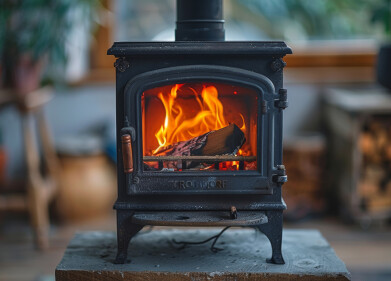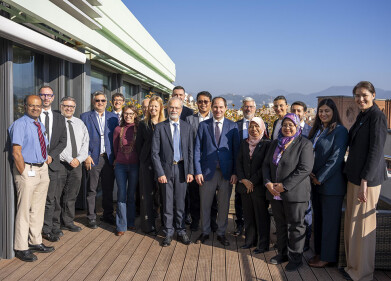Air clean up
Is Pollution a Class Issue?
Jan 31 2019
Are poor people more likely to suffer the ill-effects of air pollution than their rich counterparts? That certainly seems to be the case at least in Australia, where a new report from the Australian Conservation Foundation (ACF) has found that 90% of polluting facilities are located in postcodes belonging to people earning low- to middle-incomes. The authors claim this makes pollution a class issue.
It’s not just down under where money and poor air quality are closely linked, either. Indeed, pollution inequality is a problem all over the globe, and despite the fact that it is the developed world which has historically been responsible for the vast majority of emissions, it is the developing and impoverished regions which are most at risk from the consequences.
By the numbers
The new 24-page report was published in November of last year and cross-referenced data provided by the natural pollution inventory against the income levels in various postcodes, as supplied by the bureau of statistics. Among other results, their work revealed:
- 90% of polluting facilities are found in postcodes where the average household earns less than $2,000 per week
- Almost half of polluting facilities are found in postcodes where the average household earns less than $1,000 per week
- Only 0.1% of polluting facilities are found in postcodes where the average household earns more than $3,000 per week
The study also found that 91% of all air pollution in the country can be traced back to just three industries: manufacturing, mining and utilities. However, while other countries around the globe are looking to move away from the most polluting forms of energy generation (such as the UK, where a greater emphasis is being placed on biomethane and shale), Australia is standing firm behind coal.
Worldwide inequality
The study does an excellent job of highlighting how working-class Australians are unfairly disadvantaged by poor air quality when compared to their middle- and upper-class counterparts, but it can also be taken as a microcosm of the situation in the wider world.
A recent report from the World Health Organisation (WHO) found that pollution inequality was worsening across the globe. Their statistics showed that while a mere 47% of high-income cities suffered from unsafe levels of pollution from particulate matter 2.5 (PM2.5), that percentage was far higher in the developing world. Indeed, a whopping 97% of low- and middle-income cities suffered from dangerously high levels of the contaminant.
Clearly, the odds are stacked against those living in poorer environments. Whether that be in Australia, Asia or Africa, it’s imperative that governments and corporations take the initiative on this most pressing of issues and implement changes to curb their damaging habits. Otherwise, the inequality divide is only set to widen and the poorest, most vulnerable members of society will surely fall through it.
Events
Feb 05 2025 Nantes, France
Feb 16 2025 Kampala, Uganda
Feb 26 2025 Chennai, India
Feb 26 2025 Tulsa, OK, USA
WATERTECH CHINA (GUANGDONG) 2025
Mar 05 2025 Guangdong, China
.jpg)











